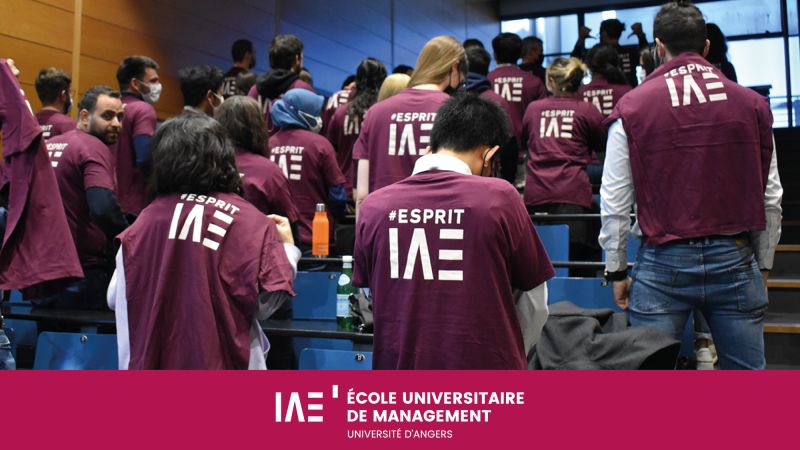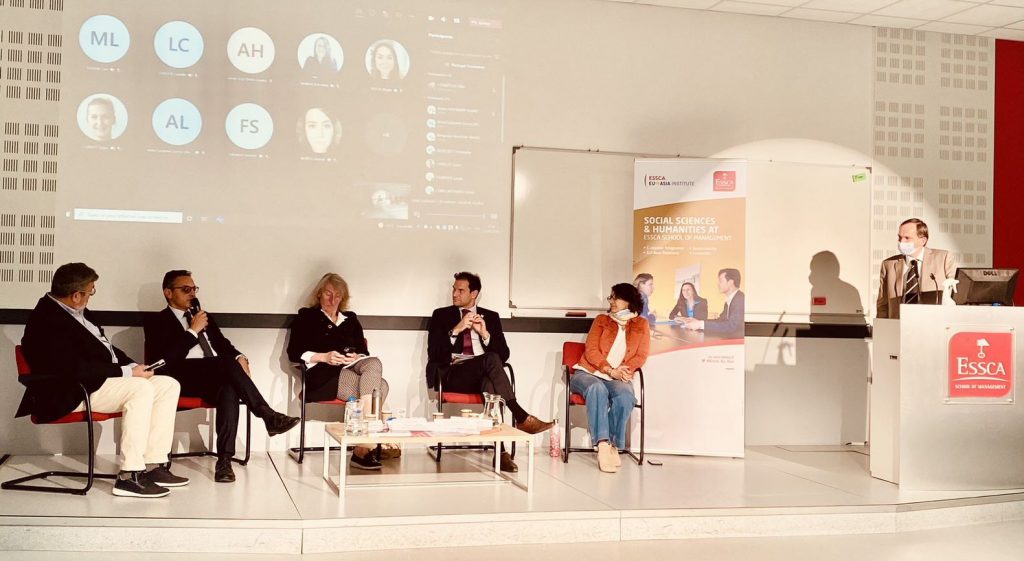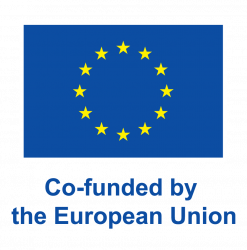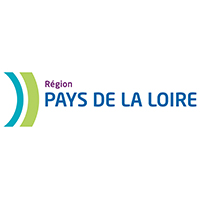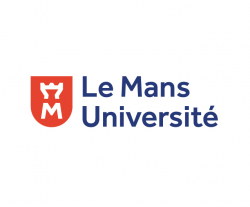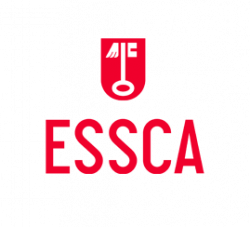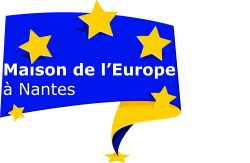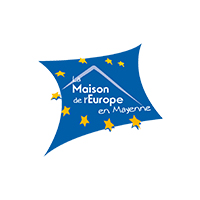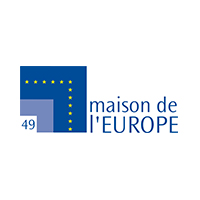This project was selected as part of the Research Call for projects of the Alliance Europa Institute for European and Global Studies and is supported for 4.5 years (from September 2016 to February 2021).
Europe and the borders of citizenship (CitƐr)

The emergence of a new political order in the European Union, characterised by globalisation, international migration, and the rise of international finance as well and new technologies, has transformed the conception of citizenship inherited from liberal and democratic movements since the late 18th century. The aim of this project is to suggest a new approach of European citizenship by studying its legal, geographical, social and philosophical margins, in a global and long-term perspective.
This reflection on the issues specific to pluralist societies will follow three axes:
- European citizenship in the imperial and colonial experience: a critical reflection on the notions of modernity, progress, civilisation attached to Europe in its relationship to itself and to otherness.
- Migration, identity construction, minority rights: a reflection aimed at shedding light on identity construction faced with migration, so as to advance the discussion on the redefinition of post-migration European societies in order to build the future.
- Citizenship and cosmopolitanism: an analysis of the mutations of citizenship, a protean phenomenon, in its reality as well as its symbols, within an era marked by a profound crisis of identity values and institutions. What is the meaning of the cosmopolitical ideal?
To find out more about the project, visit the CITER Hypotheses notebook>> (French content)
Project Leaders

Clément Thibaud
Clément Thibaud
Professor of Contemporary History -CRHIA - University of Nantes from 2004 to 2017. A historian, Clément Thibaud was elected in 2017 to an EHESS directorate of studies entitled "Politics and Societies of Latin America. A Republican moment between empires and nations (1750-1900)".
Clément Thibaud is a specialist in the Atlantic history of the Iberian world, with a particular interest in the construction of modern democratic systems through Euro-American circulation and the integration of minorities in citizenship in a historical perspective. He is the initiator of a major regional project, devoted to the construction of legal and social status linked to colour and race (STARACO). He worked for the French Ministry of Foreign Affairs as an expert on scientific cooperation with Latin America (and a member of the scientific committee of UMIFRE, which brings together the two French research institutions in Latin America). Clément Thibaud is also Secretary General of the Association of Contemporary Historians in Higher Education and Research.
Clément Thibaud was one of the coordinator of Alliance Europa’s Axis 2 “Plural societies and identity building” and co-leader of the research project “CITER – Europe and the borders of citizenship”.

Félicien Lemaire
Félicien Lemaire
Professor of public law - Director of the Jean Bodin Centre - University of Angers
As Professor of public law at the University of Angers, his teaching focuses on constitutional law, the law of fundamental freedoms, constitutional litigation and European constitutional justice. His research topics mainly concern constitutional law through issues regarding the sovereignty of the State, the indivisibility of the Republic, the self-determination of peoples and their identity and the law of fundamental freedoms, in particular discrimination and the principle of non-discrimination.
Félicien Lemaire was one of the coordinator of Alliance Europa’s Research Axis 2, “Plural societies and identity building”, and co-leader of the research project “CITER – Europe and the borders of citizenship in Europe”.
He is currently co-leading the research network Citizenships and identifications in Europe (CITIDEN).
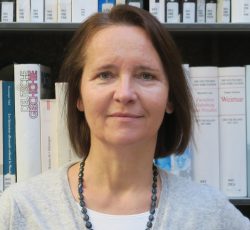
Gwénola Sébaux
Gwénola Sébaux
Professor of German Civilization - 3L.AM (EA 4335) - Catholic University of the West
Gwénola Sebaux has a doctorate in Germanic studies and is Professor of German civilisation at the Catholic University of the West. She is a specialist in German migration history and policy.
She heads the LÉMIC research team (Littératures-Étrangéité-Mutations-Identités culturelles). She is a member of the Franco-German Committee of Historians.
Her research focuses on German minorities in Central and South-Eastern Europe and the former USSR, and on migration and post-migration policy in contemporary Germany. She has devoted a significant part of her work to the Aussiedler, and to the analysis of the political and socio-cultural roots of these exogenous German population movements in the 20th century. Her research also focuses on the rhetoric and practices of memory, and on identity phenomena in the post-colonial and post-migration context.
Gwénola Sebaux was one of the coordinator of Alliance Europa’s Research Axis 2 “Plural societies and identity building”, and co-leader of the research project “CITER – Europe and the borders of citizenship”.
She is currently co-leading the research network Citizenships and identifications in Europe (CITIDEN).
http://recherche.uco.fr/chercheurs/mme-sebaux-gwenola-6530.kjsp?RH=SITE3_RP4-FR

Stéphanie Morandeau
Stéphanie Morandeau
Human and Social Sciences Engineer - Law and Social Change (CNRS/UMR6297) - University of Nantes
A doctor of Philosophy and Engineer at the CNRS, her work focuses on 19th-century republican philosophy, its ideologies, its currents (positivism, anti-colonialism), and its relationship to European colonial policy. It also covers post-colonialism, identity issues and citizenship processes in Europe.
Stéphanie Morandeau was one of the coordinator of Alliance Europa’s Research Axis 2, “Plural societies and identity building”, and co-leader of the research project “CITER – Europe and the borders of citizenship in Europe”.
She is currently coordinating the research network Citizenships and identifications in Europe (CITIDEN).
https://www.univ-nantes.fr/stephanie-morandeau
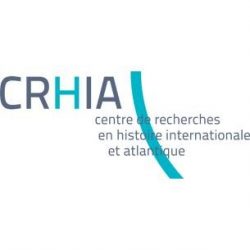
The Research Centre for Atlantic and International History (EA 1163 – Universities of Nantes and La Rochelle)
The Research Centre for Atlantic and International History (EA 1163 – Universities of Nantes and La Rochelle)
The Research Centre for Atlantic and International History (EA 1163 - Universities of Nantes and La Rochelle) is one of the major historical research centres in Western France, approved by the Ministry of Higher Education and Research as part of the five-year contract 2017-2021.
This laboratory brings together researchers in ancient history, medieval history, modern history, contemporary history, literature and languages, totalling 151 members (48 full professors, 9 emeritus professors, 3 other researchers, 4 post-docs, 80 doctoral students and 7 administrative and technical staff) and 90 associate researchers around a common theme: “From the world to the Atlantic, from the Atlantic to the world: methods, spaces and actors of international exchanges from the Antiquity to the present day”.
https://www.crhia.fr/en

Nantes University
Nantes University
Nantes University offers courses from bachelor’s to master’s degrees and excellence research projects concerning Europe in a wide range of disciplines in the humanities and social sciences.
It is home to the Institute for European and Global Studies, which implements the Alliance Europa programme.
https://www.univ-nantes.frProject Partners
Academic partners: Université d'Angers (CJB, CAPHI, CENS), Université Catholique de l'Ouest (3LAM), Université de Nantes (DCS), Université du Maine, Turin University, Osnabrück University, CNRS, Innsbruck University, Université Paris II Assas, Ibn Zohr University of Agadir, Université Lille I, Maison de l'Europe à Nantes, Maison de l’Europe d’Angers et du Maine et Loire, Euradionantes
Other partners: Euradionantes, Maison de l'Europe Angers-Maine et Loire, Maison de l'Europe à Nantes
Post-PhD
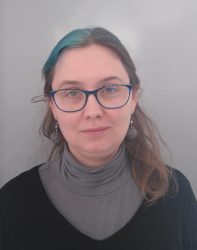
Kaja Skowronska
Post-doctoral student at CRHIA in the framework of the CITER programme
Doctor of Sociology and Political Science.
Her work focuses on the administrative treatment of foreigners in Poland. Through an examination of single-window policies, she seeks to shed light on the constructions of identity and conceptions of citizenship that underlie Polish, but also European, migration policies.

